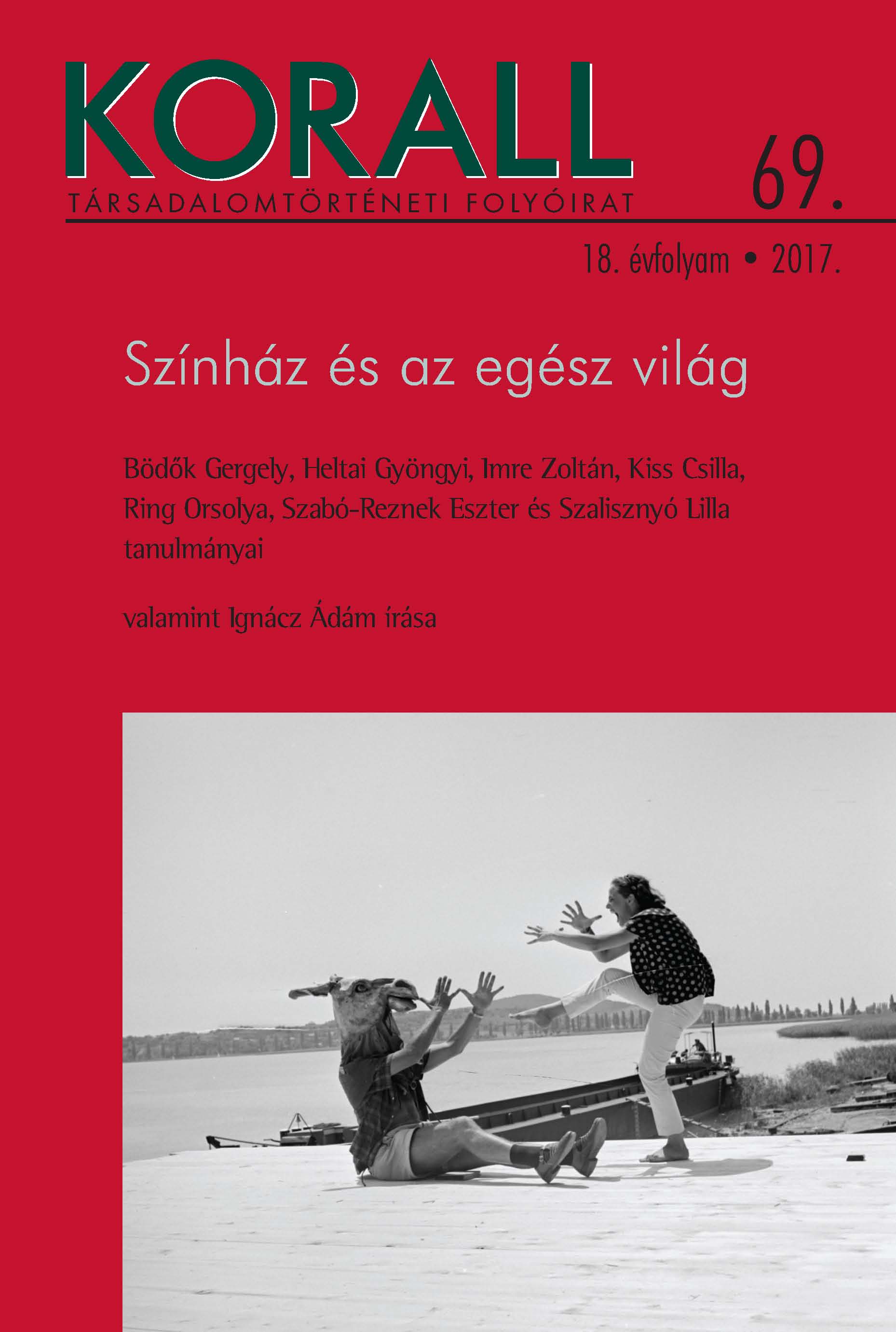A populáris zene kutatásának kezdetei az államszocialista Magyarországon. Az első generáció
The Beginnings of Popular Music Researchin Socialist Hungary: The First Generation
Author(s): Ádám IgnáczSubject(s): Cultural history, Social history, Post-War period (1950 - 1989)
Published by: KORALL Társadalomtörténeti Egyesület
Keywords: social history;cultural history;pop culture;hungary;
Summary/Abstract: In Western Europe and the United States the study of popular music was integrated into academic scholarship in the 1970s. In Central and Eastern Europe this field has recently become an important part of cultural and media studies. It is, however, conspicuous, that in the countries of the former Soviet Bloc, this fledgling field of study is often conceived as a Western-oriented, young discipline and that the local research that had actually begun under Socialism remains unexplored, even within the respective national scholarships. This is all the less justifiable because the scene developing in the 1960s and 1970s in contexts – that were fundamentally different from the western side of the Iron Curtain – resulted in works that were at best parallel to, but largely independent from Western output, regarding their methods, subjects, and motivation. Hungarian Marxist musicology and sociology of music was one of the most important domains for such experiments within the Soviet Bloc.The analyses conducted at the beginning of the 1960s were independent from fans and rock musicians, that is the young people with vested interests in the popularisation of various new types of pop music then recently imported to Hungary. Instead, these contributions were written by academics over forty years of age, with classical erudition, typically affiliated with leading Hungarian intellectual circles and seminal academic institutions of music. The present study examines the work of the first generation of these researchers, Ágnes Losonczi, János Maróthy, and Iván Vitányi. The primary aim is to find out why this substantial academic output, mostly driven by current cultural political motivations, sank into oblivion. In addition, the paper explores how their current positioning within the discipline, as is the case in most publications considered “ideological” due to their affiliation with the Socialist regime, is highly problematic for contemporary historiography.
Journal: Korall - Társadalomtörténeti folyóirat
- Issue Year: 2017
- Issue No: 69
- Page Range: 169-196
- Page Count: 28
- Language: Hungarian

